| |
| 1) Describe a polygon. |
|
4000 character(s) left
Your answer is too long. |
|
|
Attachments |
|
| For the next two problems, fill in the blanks to complete the statements. |
|
|
| |
| |
|
| |
|
| |
|
| 5) What is the difference between a concave polygon and a convex polygon? |
|
4000 character(s) left
Your answer is too long. |
|
|
Attachments |
|
| |
|
| |
|
| |
|
| |
|
| |
|
| |
|
| 12) What is the difference between a polygon and a regular polygon? |
|
4000 character(s) left
Your answer is too long. |
|
|
Attachments |
|
| Activity: There are five REGULAR polygons listed in the chart shown below. Complete the chart by determining and calculating the number of sides, the sum of the interior angles, the size of one interior angle, the size of one exterior angle, and the sum of the exterior angles. Then answer the next five questions. |
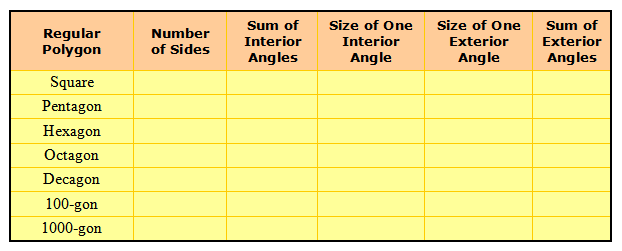 |
|
| |
| 13) What is the sum of the interior angles of a (a) square, (b) pentagon, (c) hexagon, (d) octagon, (e) decagon, (f) 100-gon, and (g) 1000-gon? |
|
4000 character(s) left
Your answer is too long. |
|
| |
|
| 14) What is the size of one interior angle of a (a) square, (b) regular pentagon, (c) regular hexagon, (d) regular octagon, (e) regular decagon, (f) regular 100-gon, and (g) regular 1000-gon? |
|
4000 character(s) left
Your answer is too long. |
|
| |
|
| 15) What is the size of one exterior angle of a (a) square, (b) regular pentagon, (c) regular hexagon, (d) regular octagon, (e) regular decagon, (f) regular 100-gon, and (g) regular 1000-gon? |
|
4000 character(s) left
Your answer is too long. |
|
| |
|
| 16) For all of the polygons listed in the chart, the sum of the exterior angles total how many degrees? |
|
|
|
| |
|
| |
|
| |
|
| 19) For parallelogram EFGH shown below, solve for “x”. (a) What is the measure of angle E? (b) What is the measure of angle F? (c) What is the measure of angle G? (d) What is the measure of angle H? |
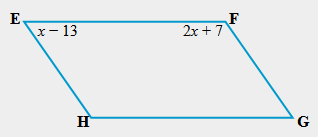 |
4000 character(s) left
Your answer is too long. |
|
| |
|
| |
|
| |
| 21) What is a tessellation? |
|
4000 character(s) left
Your answer is too long. |
|
|
Attachments |
|
| 22) Which of the following regular polygons can be used to make a regular tessellation of a plane? |
|
|
|
| |
|
| 23) Which of the following regular polygons CANNOT be used to make a regular tessellation of a plane? |
|
|
|
| |
|
| 24) In order for polygonal figures to tessellate a plane, the vertices of the figures must meet so that the angles of the polygons total how many degrees? |
|
|
|
| |
|
| 25) What type of tessellation is illustrated in the hive of honeybees? |
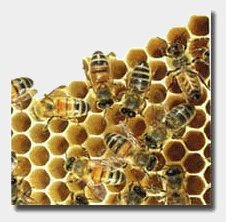 |
|
|
| |
|
| 26) A square and an equilateral triangle are placed around a regular hexagon so that they alternate and the vertices of the shapes coincide without the shapes overlapping each other. What type of tessellation may be made from this combination of shapes? |
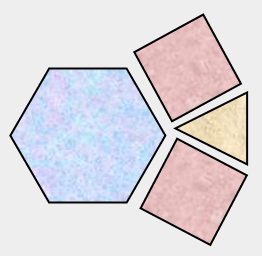 |
|
|
| |
|
| 27) What regular polygon could be added at point J so that the group of shapes would make a semi-regular tessellation as they tile a plane? |
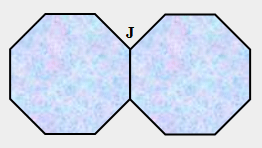 |
|
|
| |
|
| Extended Research: Check with your instructor to see if he/she is interested in awarding extra credit to you for writing a one-page report on the following research topic: M. C. Escher was a great Dutch artist. Some of his artwork displays very complex tessellations as shown below. Write a report on this artist and include information about his life and his work centered on tessellations. |
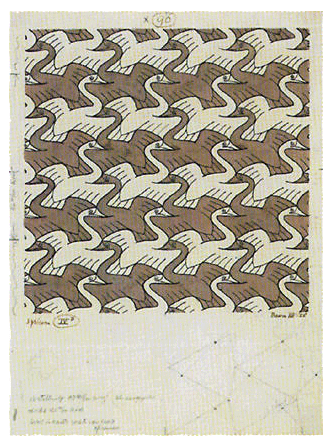 |
|
| |
| 28) Activity: Create a tessellation. It may be a semi-regular or uniform tessellation. Describe the tessellation. |
|
20000 character(s) left
Your answer is too long. |
|
|
Attachments |
|
| |
| For all of the remaining problems in this unit that include measurements, label the answers appropriately. |
|
|
| |
| For all answers that are expressed as radicals, use the following notation to enter the non-keyboard characters. |
 |
|
| |
| |
|
| |
|
| 31) For parallelogram ABCD shown below, (a) what is the height and (b) what is the area? Express each answer as a simplified radical. |
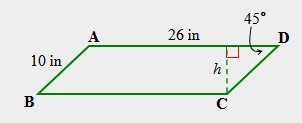 |
4000 character(s) left
Your answer is too long. |
|
| |
|
| |
|
| |
|
| Print out parallelogram ABCD shown below, and then solve the next three problems. |
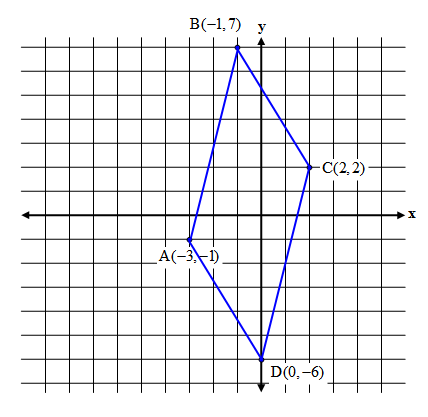 |
|
| |
| |
|
| |
|
| 36) Use the distance formula and radicals, as needed, to answer the following questions: (a) What is the length of CD? (b) What is the length of AE? (c) What is the area of parallelogram ABCD? |
|
4000 character(s) left
Your answer is too long. |
|
| |
|
| Refer to the floor plan shown below to answer the next four questions. |
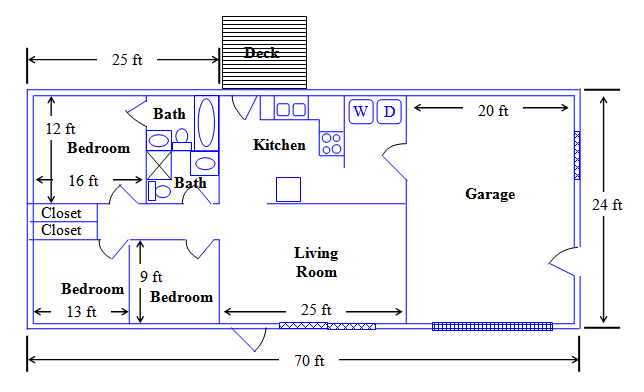 |
|
| |
| |
|
| |
|
| |
|
| |
|
| |
| |
|
| |
|
| |
|
| |
|
| 45) Answer the following questions about the trapezoid and information shown below: (a) What is the height of the trapezoid (b) What is the area of the trapezoid? Express both answers as simplified radicals. |
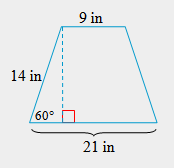 |
4000 character(s) left
Your answer is too long. |
|
| |
|
| |
|
| |
|
| |
|
| |
|
| 50) What is the area of quadrilateral JKLM based on the information given below? Explain the solution. |
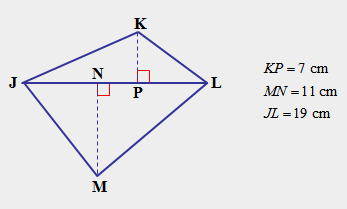 |
4000 character(s) left
Your answer is too long. |
|
|
Attachments |
|
| 51) If you were directed by your school to complete Offline Activities for this course, please enter the information on the Log Entry form. |
|
| No offline activities found |
| 0 Hour(s) & 0 Minute(s) |
|
|
Attachments |
|